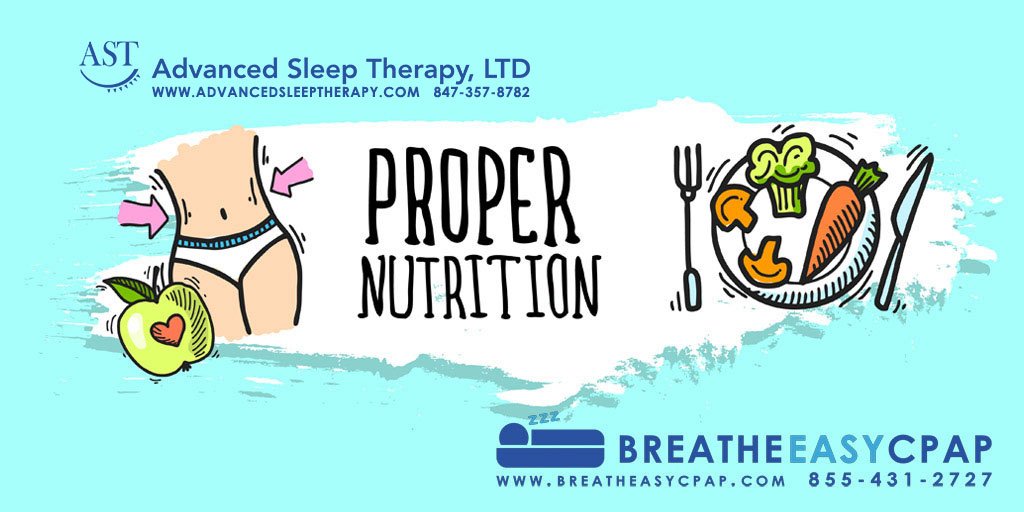Can You Eat Better to Sleep Better?
We know that there are plenty of foods that make it tough for us to sleep: peppers, onion garlic, and really anything that might contribute to heart burn for example, but are you aware of how paying attention to your food choices might help you sleep better? If sleep isn’t coming as easily for you as it used to or you’re having a tough time staying asleep through the night, maybe a dietary change is in order. Put down that chocolate, it’s full of caffeine and chemical compounds which, again, cause heart burn, and pick up a few of the snacks below.
Some Food May Help You Get a Better Night’s Rest
While heavy eating at night can interfere with your sleep, a light snack has been shown to help those who wake frequently at night. Avoid foods which contain caffeine, cause heartburn, or are high in fats. These foods could do more harm than good.
Instead, try these foods:
- A glass of milk or cheese and crackers. Rich in calcium, any dairy product promotes sleep. Calcium helps tryptophan, the tried and true sleep compound found in foods like turkey and lentils, do its job. While a warm glass of milk has been encouraged by grandmothers for centuries, any dairy product will do. A few slices of cheese paid with a carbohydrate gives plenty of energy to your brain and encourages a restorative night’s rest.
- Salad greens. Kale contains calcium to work a lot like dairy products. Other lettuces contain a chemical compound known as lactucarium which acts as a sedative. Together, these foods are a sleep promoting double punch. Some nutritionists even suggest brewing a tea or broth of these salad greens. To make this broth, boil three to four large leaves of the greens in a cup of water for about fifteen minutes. To improve the taste, add a sprig of mint and honey.
- Sip on cherry juice. Cherry juice works to boost levels of melatonin within your body. Try a glass of juice about an hour or two before bed in order to promote falling asleep faster.
Evaluate Your Sleeping Problems
If you’ve made dietary changes to improve your sleep yet food still doesn’t seem to be your issue, talk to your primary health care provider about your sleep disorders. Trouble staying asleep, falling asleep or waking feeling exhausted could be an indication of a sleep disorder like sleep apnea. If you’ve been snoring or are worried about sleep apnea, we’d love for you to get in touch with us here at Advanced Sleep Therapy. We’ve got a team of respiratory health specialists on call to get you on the right track to healthy sleep.

